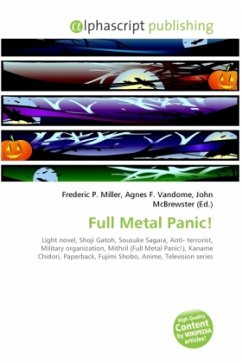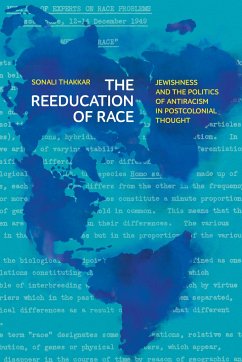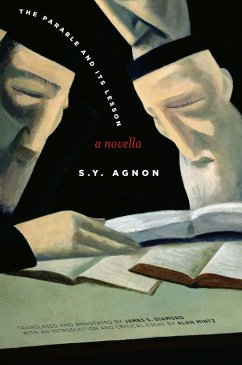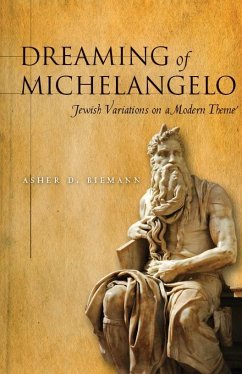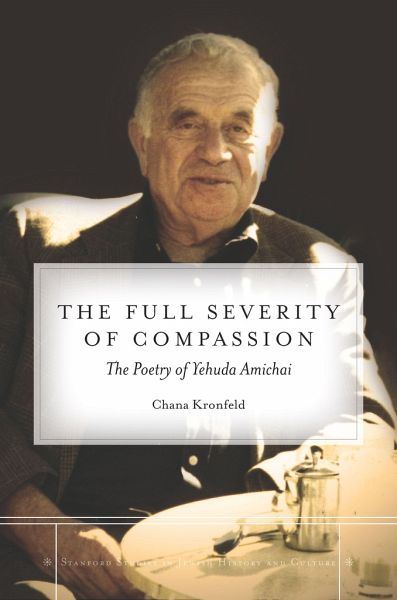
The Full Severity of Compassion
The Poetry of Yehuda Amichai
Versandkostenfrei!
Versandfertig in über 4 Wochen
74,99 €
inkl. MwSt.

PAYBACK Punkte
37 °P sammeln!
Yehuda Amichai (1924-2000) was the foremost Israeli poet of the twentieth century and an internationally influential literary figure whose poetry has been translated into some 40 languages. Hitherto, no comprehensive literary study of Amichai's poetry has appeared in English. This long-awaited book seeks to fill the gap. Widely considered one of the greatest poets of our time and the most important Jewish poet since Paul Celan, Amichai is beloved by readers the world over. Beneath the carefully crafted and accessible surface of Amichai's poetry lies a profound, complex, and often revolutionary...
Yehuda Amichai (1924-2000) was the foremost Israeli poet of the twentieth century and an internationally influential literary figure whose poetry has been translated into some 40 languages. Hitherto, no comprehensive literary study of Amichai's poetry has appeared in English. This long-awaited book seeks to fill the gap. Widely considered one of the greatest poets of our time and the most important Jewish poet since Paul Celan, Amichai is beloved by readers the world over. Beneath the carefully crafted and accessible surface of Amichai's poetry lies a profound, complex, and often revolutionary poetic vision that deliberately disrupts traditional literary boundaries and distinctions. Chana Kronfeld focuses on the stylistic implications of Amichai's poetic philosophy and on what she describes as his "acerbic critique of ideology." She rescues Amichai's poetry from complacent appropriations, showing in the process how his work obliges us to rethink major issues in literary studies, including metaphor, intertextuality, translation, and the politics of poetic form. In spotlighting his deeply egalitarian outlook, this book makes the experimental, iconoclastic Amichai newly compelling.





